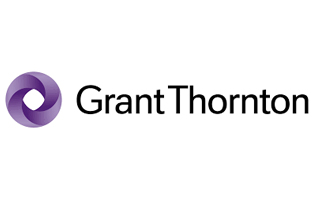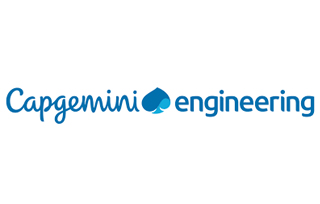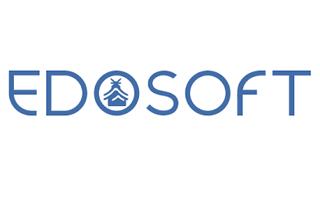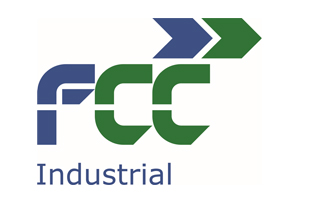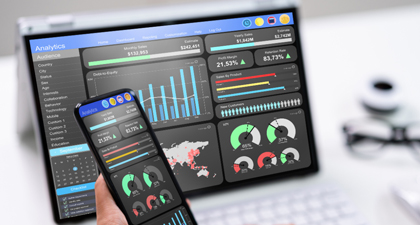
ESPADIN- Optimizing Data Spaces in Industry
ESPADIN aims to enhance data spaces in industry by improving data quiality, availability, and reliability. Trough innovative technologies like blockchain and AI, ESPADIN ensure and efficient data sharing in industrial environments.
Project Description:
ESPADIN is defined as the collaborative technological impulse dedicated to bring the sharing and exploitation of the value of data to industrial practice under the paradigm of the called shared data spaces. For this, ESPADIN will work on three main axes: the quality, the availability and the reliability of data. Industrial research in these three areas will provide lines of work that promote trust and security, which are fundamental for the progress of the aforementioned paradigm, in key to solving the transversal and strategic challenges of Spanish industry.
Problem to be solved:
ESPADIN will work on the reliability of data and data based services creating cryptographic enforcement mechanisms to ensure data providers security and control over their data, guaranteeing the imposition of data exploitation policies in accordance with the will of the data originator, what is known as data sovereignty, in this context,while ensuring the cybersecurity of the new connected industrial environments.
In addition, technological mechanisms will be created to guarantee the integrity and origin of the data, thus increasing their reliability for the parties exploiting such data, as well as security mechanisms to protect the intellectual property of AI algorithms used by service suppliers on confidential participant data, to promote new services based on data exchange and data exploitation..
ESPADIN’s industrial research will provide new knowledge for Spanish companies to compete, and adapt to the technologies of the new industrial revolution.
Project Resolution Objectives:
The general objectives of the project are based on the three research axes proposed:
- Data quality:
To ensure that accessible, accurate and relevant information is used to make decisions at a secure and auditable operational level in the industrial environment
-
- Analyze current data quality approaches for data spaces of initatives such as Gaia-X and IDS, to determine their suitabilit for the needs of quality metrics in analytical prepocessing of industrial data of large volumes and different sources.
- Investigate preprocessing technologies, such as ETL (Extract, Transform, Load) Orchestration, to establish the best way in thich they can include functionalities: first of all, to implement the computation of queality indicators on the data that are being preprocessed and secondly, to persist these metrics so that they are registered as accessible metadata associated with the data flow, before their consumption by third parties.
- Make a proof of concept of joint quality metrics between two companies, validating the metric calculation internally for each sources, (industrial company supplying the data), and the establishment and calculation of quality metrics coordinated between the two companies involved, for use in possible analytical exploitation services.
- Data availability:
One oriented to internal exploitation by the industrial organization itself, and other oriented to its interoperability, or sharing, with third parties.
-
- Delve into different metadata model mechanisms for the inventory of different sources, and their consumption by multiple actors with different sharing and monetization approaches, as occurs in the context of shared data spaces.
- Research in broker technologies or data cataloging, such as the MetadataBroker component of the IDS architecture, or the Gaia-X specification for catalog federation, with the objective of compatibilizing and connecting these technologies with the “inventory” or “inventories” to be build in the proposal.
- Build a prototype secure and interoperable catalog/inventory of data sources, to manage data assets that are shared across the industrial space.
- Analysis of new AI distributed computing paradigms using the Edge Computing scheme, focusing on the Federated Machine Learning techniquein its vertical approach, and examining how it affects the availability of the data, and how this approach of “sharing models not data” fits in, or it could be enhanced, in industrial data spaces, offering a different attraction to data providers, to encourage sharing.
- Data reliability:
Creation of data enforcement mechanisms to ensure the security and control of suppliers data, so that the agreed data exploitation policies are guaranteed at all times.
-
- Research into new advanced privacy-preserving cryptographic techniques that guarantee the confidentiality of the data being exploited and of the algorithms used to exploit them. Identifying the most suitable cryptographic technique and the specific framework, enable its deployment in industrial environments.
- Investigate technologies based on DLTs, or Blockchain, for secure, integral and transparent data sharing between supplier and operator.
- Perform a proof of concept of reliable industrial data exploitation, using and validating the investigated techniques and solutions.
Project duration:
October 2022 – Decembre 2024
National project in cooperation with:
Public research organisations:
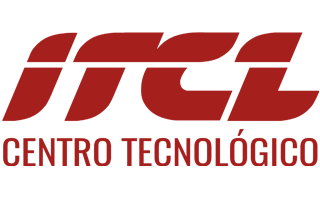

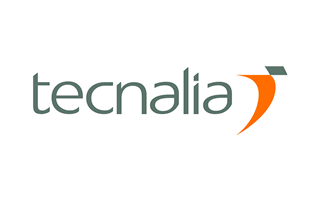
ITCL performs work for Antolin providing knowledge in cloud and hybrid architectures that allow the management of large amounts of data in the industrial environment with a real-time processing capacity that allows quick and agile decision making. In addition, work on the network connections of own clouds, legacy infrastructure and public clouds so that they are connected to each other and ensure that the hybrid cloud implementation works, assessing the quality. Will investigate the necessary mechanisms for the unified management of these clouds.
Funded by:
The project has been funded through the CDTI‘s MISIONES Call.



Contact:
Silvia González – Head of the artificial intelligence area.
Discover more projects that integrate Electronics and Artificial Intelligence, contact us and explore how these technologies can transform your industry.



